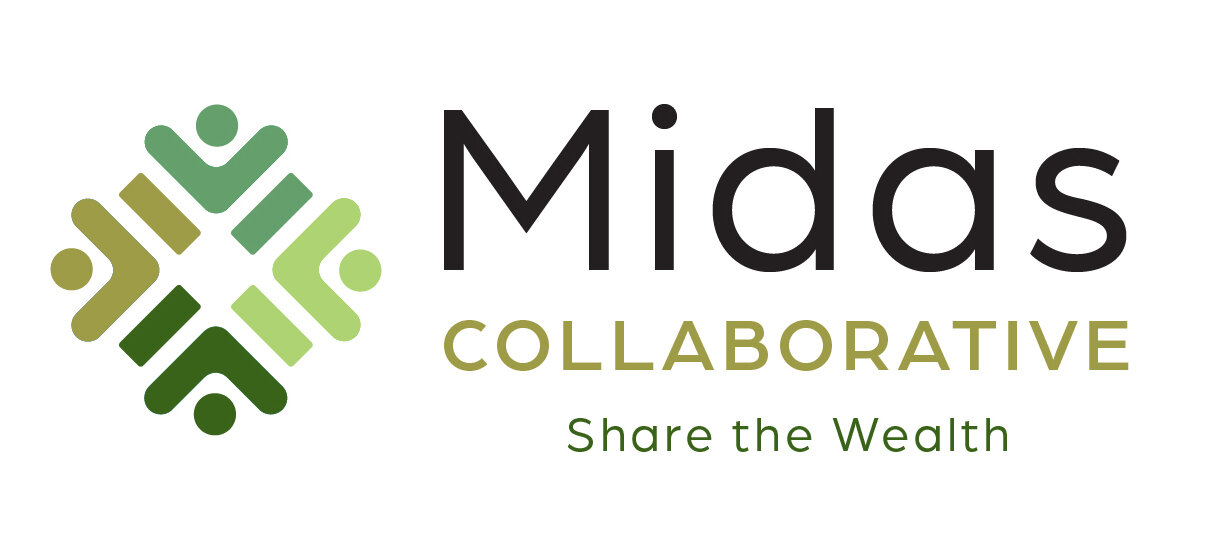An interview with FEN Co-Chair Scott Guild: The Urgent Case for Financial Literacy in Massachusetts
Q: Why does financial literacy matter, especially today, and what are some of the real-world consequences of a lack of financial education?
Scott: Financial literacy is essential today because the financial landscape has become more complex and risky. From buy-now-pay-later apps to cryptocurrency and the explosion of online fintech tools, young people are engaging with financial products that require serious understanding—and yet, we haven’t equipped them with the basics.
It’s not just about knowing how to make change or calculate interest. Financial literacy means being aware of your own money mindset, understanding psychological influences on spending, and reading between the lines of complex offers. One of my favorite sayings is, “If you don’t know the rules of the game, you’re gonna lose.” And unfortunately, too many young people are starting the game already behind.
When students don't have that foundation, they make big decisions—like taking out huge student loans—without understanding the long-term implications. I tell students, “Sure, I like nice stuff too. But the question is: in relation to what?” Financial literacy helps them make those trade-offs intentionally, aligning spending with goals rather than impulses.
Q: You’ve been vocal about integrating personal finance into the K–16 curriculum in Massachusetts. What’s the vision behind the legislation you’re advocating for?
Scott: We believe that every student in Massachusetts should take a standalone personal finance course before graduating high school. This isn't just about adding content—it's about changing how students think about money.
Our legislative proposal creates a Financial Literacy Trust Fund, overseen by the Department of Elementary and Secondary Education (DESE), to support curriculum development, teacher training, and equitable implementation across districts. We've also included financial literacy standards starting in grades K–8 to build strong money habits early.
Some critics worry about mandates or staffing, but a survey of 17 schools already requiring personal finance found that none had to hire new teachers, and only one had to drop a course. Implementation can take time, yes, but it's doable—and necessary.
Q: What kind of opposition have you encountered, and how do you address it?
Scott: No one says, “Financial literacy is a bad idea.” What we hear instead is, “We’re overwhelmed. We like it, but…” And I get it—schools are juggling a lot. But that doesn’t explain how 20 schools have already made it work. Often, it just takes a champion in the school and the will to make it happen.
DESE is intellectually supportive, and several bills are on the table—particularly ones from Reps. Hamilton and Lawn. We’re pushing for strong language, a trust fund, DESE oversight, and a mandate that’s funded and feasible.
Q: Tell us a bit about your personal journey. What sparked your passion for financial education?
Scott: My journey started at the Federal Reserve Bank of Boston, where I was Director of Economic Education. Back then, there was this debate: should we be teaching economics or personal finance? I realized—both are essential, but they serve different purposes. Economics teaches us about choices at a system level. Personal finance is about the individual decisions we make every day.
I learned that the hard way. I once ignored advice to sign up for the Fed’s 401(k)—free money!—and missed out. That was a wake-up call. I walked straight to the credit union and signed up, but the lesson stuck with me: You have to read everything, ask the next question. I never wanted another young person to miss that moment of empowerment.
One powerful story I always remember is a student from South Boston whose family owned a deli. He was always a hard worker, but when we took him to Bentley College to see Bloomberg terminals, he lit up. He said, “This is the first time I understood that money can make money.” That’s the magic of financial education—when the lightbulb goes off.
Q: What are some tangible actions you hope educators, parents, and community members will take?
Scott: Start where you are. Read a book on financial literacy—Sheila Bair, the former head of the FDIC, has some great ones. Talk about prices when you’re at the grocery store. Invite a local banker or financial consultant to speak at a school event, church group, or community meeting.
Churches, PTAs, youth groups—all can play a role in raising awareness. The Consumer Financial Protection Bureau (CFPB) also has excellent resources. And parents—ask your school: Why don’t we have a financial literacy requirement?
We’ve recently seen an encouraging wave of student engagement. High schoolers are writing letters, joining school committees, and asking for this education. That gives me hope. We’re also seeing more diversity in our advocacy network, which is critical for ensuring this education reaches every community.
Q: Any final thoughts?
Scott: Financial education isn’t just about math. It’s about mindset. We owe it to our kids to teach them not just how to earn money, but how to manage it, protect it, and make it work for their future. When we do that, we don’t just improve individual lives—we strengthen our whole society.
The Financial Empowerment Network (F.E.N) supports efforts that create financial education courses in high schools across Massachusetts. Scott and the F.E.N. coalition have outlined these bills and their comparative highlights.


